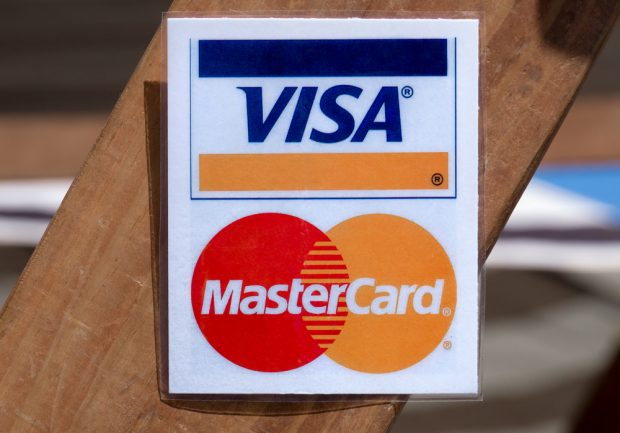 Credit/Shutterstock
Credit/Shutterstock
Nearly 20 years after the initial lawsuit was filed, Visa, Mastercard and U.S. merchants have agreed to a settlement that could bring billions of dollars in savings for merchants and cap credit card interchange fees until 2029.
CU Times reached out to a number of credit union leaders for comment. Those credit union officials and organizations said they are still digesting the details of the settlement and aren't commenting at the moment. But, America's Credit Unions posted a few areas of concern that could pose a problem to the credit union industry.
Recommended For You
According to the announcement late Tuesday for the lawsuit In re Payment Card Interchange Fee and Merchant Discount Antitrust Litigation, "The settlement eliminates anti-competitive restraints that will deliver U.S. merchants billions of near- and long-term savings. At least $29.79 billion in savings will be realized in the five years following approval of the settlement from agreed upon caps and rollbacks on credit card processing fees, or 'swipe fees.'"
The settlement between the two credit card giants and U.S. merchants, which must be approved by the U.S. District Court for the Eastern District of New York, came after merchants sued Visa and Mastercard, claiming the companies were charging excessive fees to accept credit and debit cards.
In a post on its website Wednesday morning, America's Credit Unions stated it was still analyzing the settlement and had some initial concerns of the potential ramifications for the credit union industry. The concerns published included the following:
- Merchants would be permitted to surcharge Visa or Mastercard branded credit cards up to 3%.
- Visa and MasterCard would modify their "no-discounting" and "non-discrimination" rules to allow merchants to offer discounts to customers based on the credit or debit card issuer.
- Modification of the "honor all cards" rules to indicate that a merchant may accept and enable some but not all digital wallets and steer consumers to specific cards within the digital wallet.
- Reduction in the interchange rate paid by merchants for the next five years.
According to a statement from the Merchants Payments Coalition, officials believe this settlement agreement will provide little relief for U.S. merchants.
"This settlement is a bad deal for merchants," MPC Executive Committee member and National Grocers Association SVP of Government Relations and Counsel Christopher Jones said. "A few years of very small relief followed by business as usual is not a good outcome from 20 years of litigation. The settlement does nothing to actually bring competitive market forces to swipe fees or change the behavior of a cartel that centrally fixes rates and bars competition. Instead, it tries to provide token, temporary relief and then allows the card companies to raise rates yet again. Congress needs to act so that we will have real reform that will benefit merchants and their customers."
READ MORE: The full settlement agreement.
© 2025 ALM Global, LLC, All Rights Reserved. Request academic re-use from www.copyright.com. All other uses, submit a request to [email protected]. For more information visit Asset & Logo Licensing.








